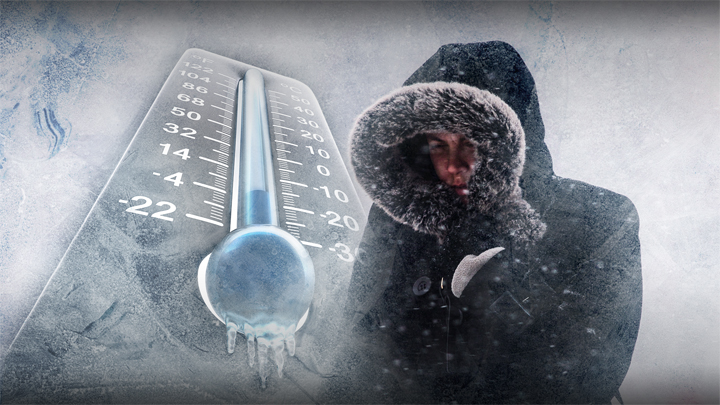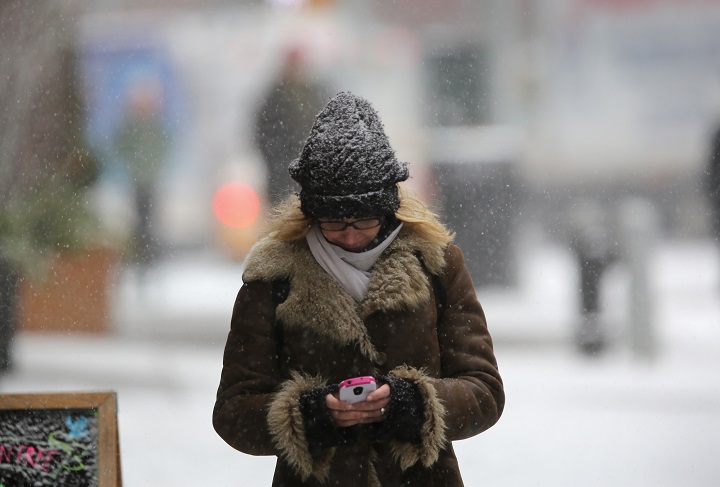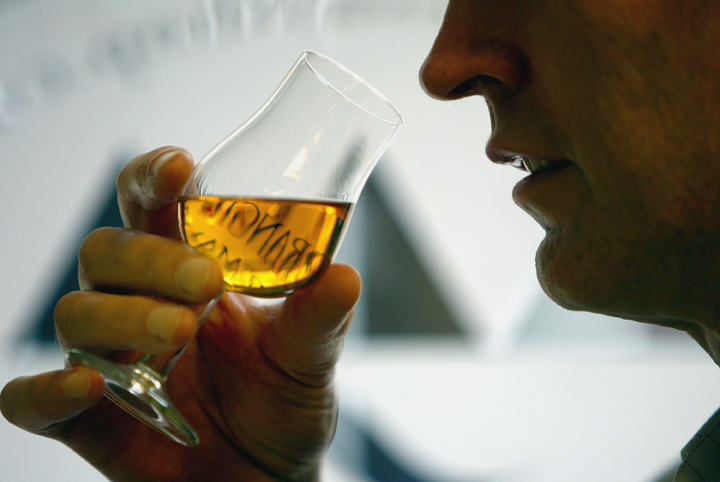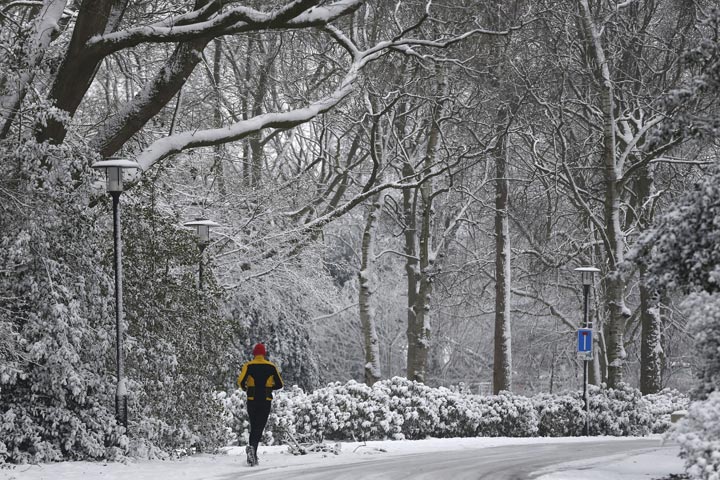We’ve heard a lot of stories about how to keep warm or what is best for us in the cold winter months. Here’s a look at some slices of advice that aren’t quite right.

We lose most of our heat from our heads
While our head certainly loses a lot of heat, it’s all about keeping our core warm.
Our core is home to our most vital organs like the heart and lungs. And the human body knows full well how important they are. So when cold, it realizes that it needs to protect those organs and keeps the heat in. This is done by vasoconstriction, where the blood vessels narrow, allowing for less heat loss.
So if you think that putting on a hat is enough to keep you warm when you head outside with an open jacket, think again.
However, the head is a pretty important, place. It does lose quite a bit of heat, specifically around the scalp, face and neck. So a hat is indeed wise, but so is a scarf.
Putting hands under hot water will warm you up
You’ve likely done it: gone inside after spending some time in the cold and — desperately wanting to warm your frigid hands — shoved them under a stream of hot water.
Of course that will warm your hands. But don’t expect it to last.
READ MORE: Millions of Americans get shovelling after mammoth blizzard
When we head outside, our hands and feet — the farthest from our heart, which pumps blood throughout our body — are the first things to get cold. And guess why?
“The first thing that happens when we go out in the cold, our hands and feet get cold first,” said Stephen Cheung, Canada Research Chair in Environmental Ergonomics and a professor at the University of Brock’s Kinesiology Department. “That’s because the body knows it wants to protect your core.”
Cheung knows about the cold: he studies the effects of temperature on our bodies, including hypothermia.
So while warming your hands will feel good initially, if your entire body (the core!) is still cold, you’ll just get cold once again.
“To effectively warm your hands, warm your core,” Cheung advises.
Alcohol will keep you warm
Ahhh. There’s nothing like coming in from the cold and having a bit of scotch to warm you up.
Actually, there is.
“That is probably the worst thing to have after coming in from the cold,” said Cheung about alcohol.
And here’s why: Remember vasoconstriction that was mentioned above? Well, blood vessels can also dilate. This causes more heat to be released.
But, you may say, you actually do feel warm when you drink alcohol after being in the cold.
“The reason we feel warm,” Cheung said. “Is because the blood vessels in our skin are opening. But then you’re losing a lot of heat to the environment that way.”
Instead, get that core warm. You might want to enjoy a rare scotch, but it’s best to do it while under a nice warm blanket (there goes your excuse for some scotch).
Being cold will make you catch a cold
“Put on a hat or you’ll catch a cold!”
You’ve probably heard that more than once. But that’s not entirely true.
“There’s been no real correlation between being cold and catching a cold,” Cheung said.
There may be some truth in the sense that, if you are cold too long that it makes your body less resistance to fighting off whatever germs might be lurking in a season of runny noses and raspy coughs. It’s probably more important to wash your hands more often.
You shouldn’t exercise in the cold
Sorry, fair-weather runners: there is no excuse for you not to continue to run in the winter months.
While some people believe that exercising in cold weather is bad for you, there is no truth to that. And you don’t run the risk of freezing your lungs, Cheung reassured.
Of course, for those with pre-existing health concerns, it’s wise for them to consult a doctor first. But for those of us who might use cold weather as a reason not to run, we’re out of luck.
“The benefits of exercise outweigh any risks you have,” Cheung said.





Comments